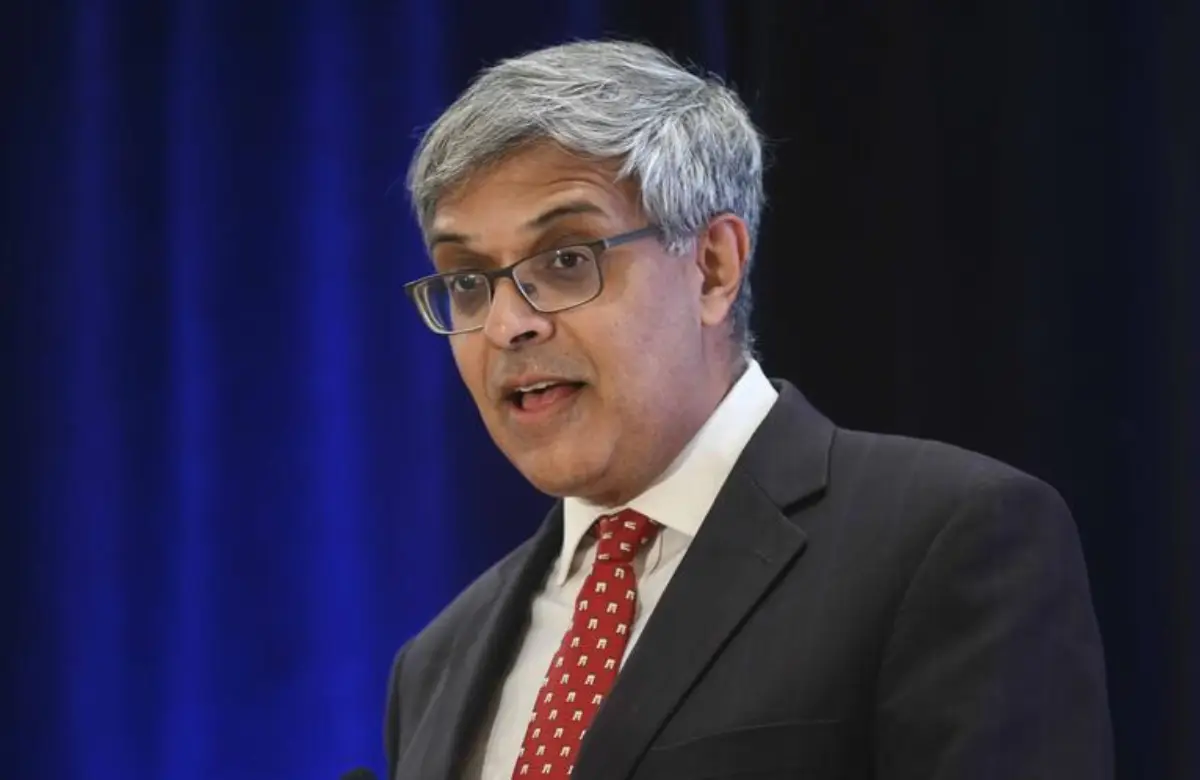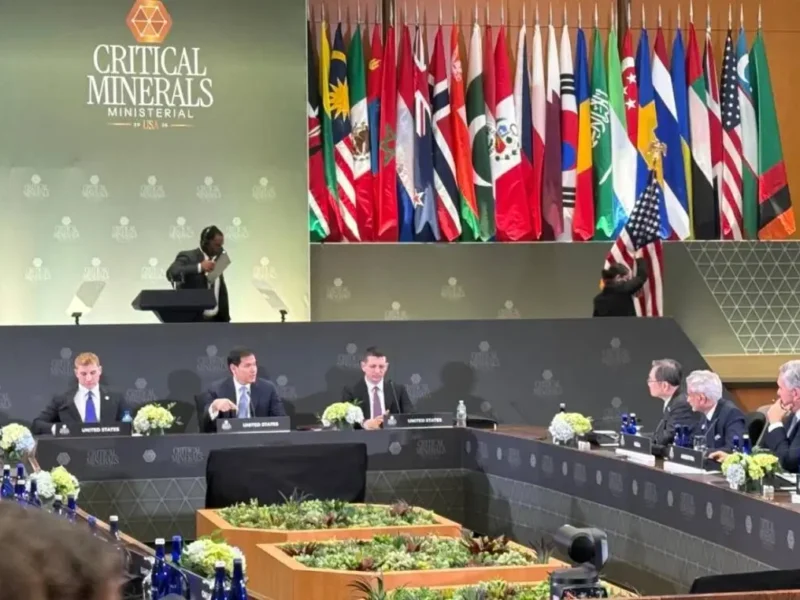
NIH Scientists Criticize, Protest Policies In Open Letter To Jay Bhattacharya
Photo: Standford University/Rod Searcey
India-West News Desk
WASHINGTON, DC — Jay Bhattacharya’s vow to welcome scientific dissent is under pressure just months into his tenure as director of the National Institutes of Health.
At his Senate confirmation hearing earlier this year, the Associated Press pointed out, Bhattacharya — a Stanford physician and Trump appointee known for his contrarian views on pandemic policy — pledged to embrace disagreement in the spirit of rigorous science. “Dissent,” he had told lawmakers, “is the very essence of science.”
Now, that philosophy is being tested by a rebellion within his own ranks. On June 9, nearly 100 NIH scientists signed a public letter — dubbed the Bethesda Declaration — directly challenging Bhattacharya’s leadership and recent NIH policy changes. Another 250 agency employees anonymously endorsed the statement, citing fears of retaliation. The Associated Press obtained and reviewed the declaration, which accuses the NIH of abandoning its scientific mission and jeopardizing public health.
“We dissent,” the letter begins, invoking Bhattacharya’s own words. “We are compelled to speak up when our leadership prioritizes political momentum over human safety and faithful stewardship of public resources.”
The letter, sent to Bhattacharya, Health Secretary Robert F. Kennedy Jr., and key lawmakers, details what the signatories describe as a wave of politically driven decisions that have gutted international research collaborations and abruptly terminated over 2,100 research grants — collectively worth more than $12 billion. According to the Associated Press, those terminations have left clinical trial participants in limbo, in some cases without access to medication or follow-up monitoring of experimental implants.
In a written response shared with the AP, Bhattacharya defended the agency’s direction, insisting the letter “has some fundamental misconceptions about the policy directions the NIH has taken in recent months.” But he reiterated his commitment to dialogue: “Respectful dissent in science is productive,” he said. “We all want the NIH to succeed.”
The internal backlash highlights growing tensions between career scientists and political leadership as the NIH recalibrates under the Trump administration’s second term. While White House spokesperson Kush Desai told the Associated Press that President Trump aims to restore a “Gold Standard” in scientific research, the declaration’s authors allege a “culture of fear and suppression” has taken hold within the agency.
The debate now centers on whether Bhattacharya — who once championed open inquiry — can uphold those principles amid mounting resistance from within.



